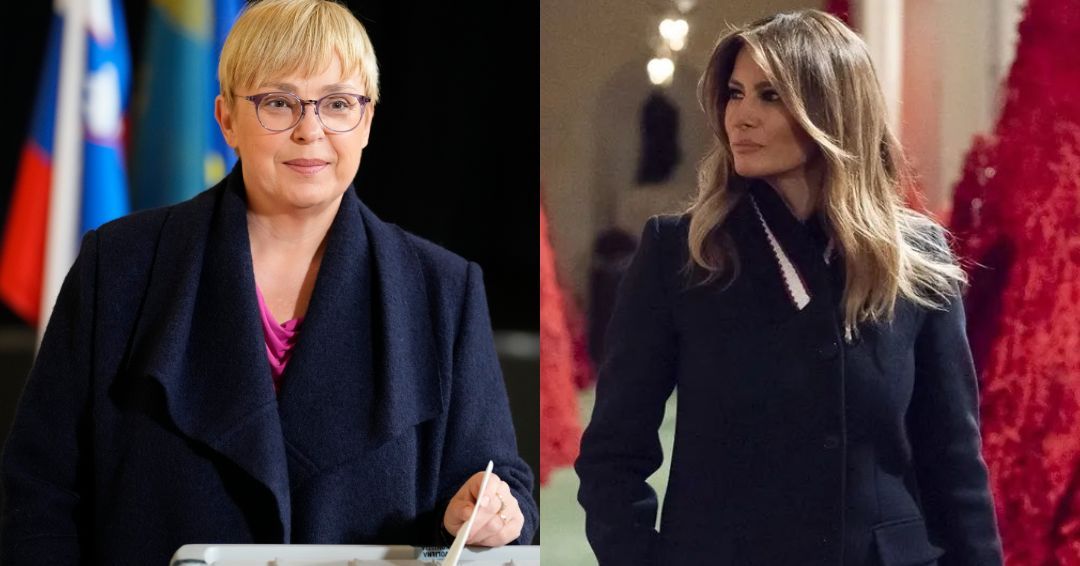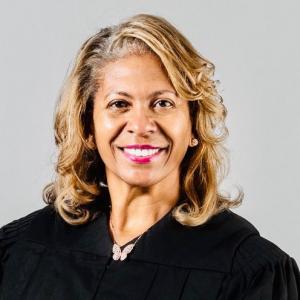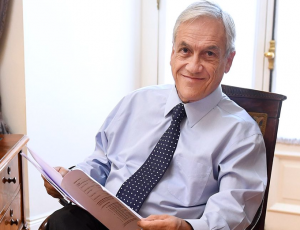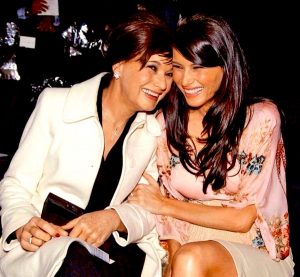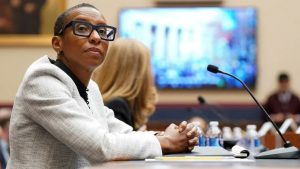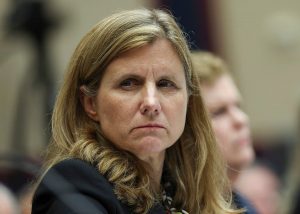Natasa Pirc Musar, a liberal rights activist, won a runoff election on Sunday to become Slovenia’s first female president. She has pledged to work to heal the country’s severe left-right rift and lead its 2 million citizens.
Anze Logar, a conservative former foreign minister of Slovenia, trailed Pirc Musar by 54% to 46% with virtually all of the ballots in the small European Union country recorded. Following the success of the center-left coalition in the Slovenian parliamentary election in April, her triumph strengthens the country’s liberal caucus.
Also read: Who is Natasa Pirc Musar?
Pirc Musar, also a lawyer by profession, is often linked to Melania Trump, Donald Trump’s third wife and the former First Lady of the United States.
During her husband’s presidency tenure, Pirc Musar was recruited to represent the interests of Slovenian-born Melania and prevent businesses from using her name to market their goods.
Her success would make her “the voice of women” in Slovenia and abroad, said Pirc Musar, who previously served as the nation’s data protection authority for ten years.
Also read: KFC sorry for sending out treat notification on Jewish massacre memorial in Germany
President Borut Pahor, a centrist politician who has previously completed two terms, would be succeeded by Pirc Musar.
The head of state is nevertheless regarded as a person of authority in Slovenia even though the office is mostly ceremonial. Presidents appoint members of the anti-corruption commission and nominate prime ministers and members of the constitutional court, who are then chosen by parliament.
Since Slovenia became independent in 1991 as a result of the dissolution of Yugoslavia, Pirc Musar, 54, will be the country’s first female president.
Also read: Banksy unveils mural in liberated Ukrainian town of Borodianka
“My first task will be to open a dialogue among all Slovenians,” she said after her win was announced. “In the democratic election, Slovenians have shown what kind of a country they want.”
“All my life I’ve advocated the same values: democracy, human rights, tolerance. It’s time to stop dealing with the past. Many things have to be done in the future,” she added.

